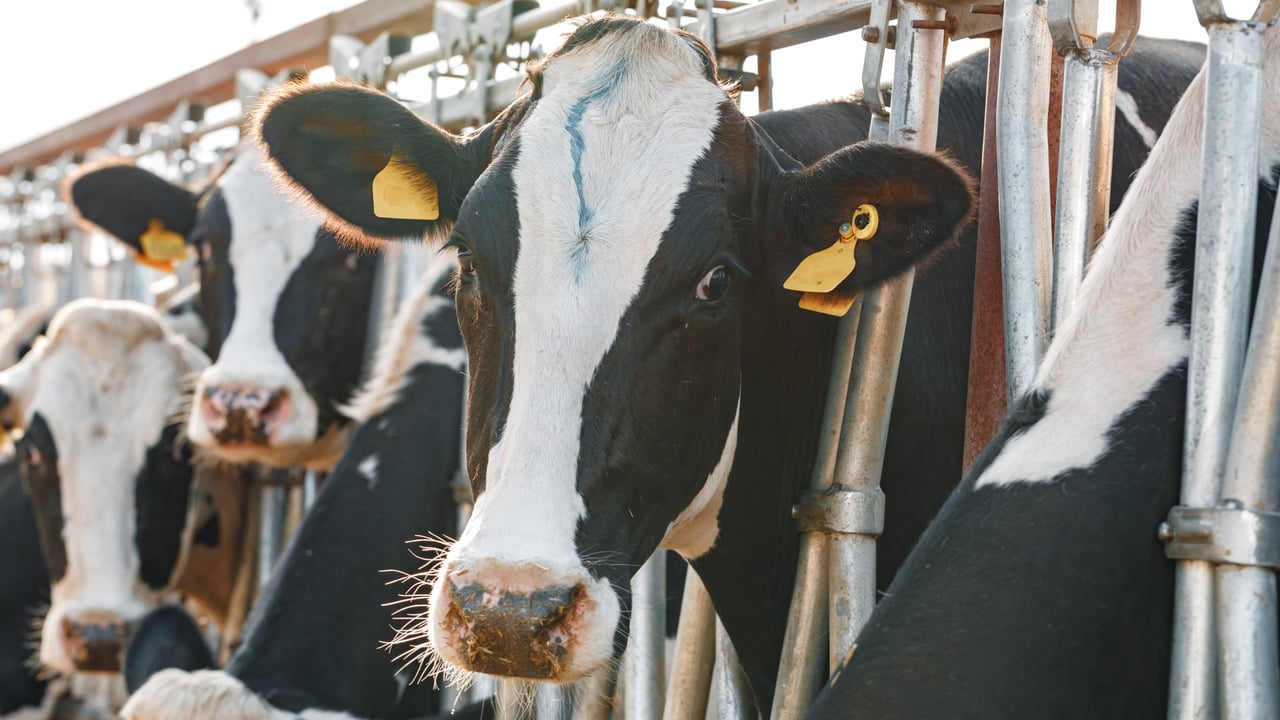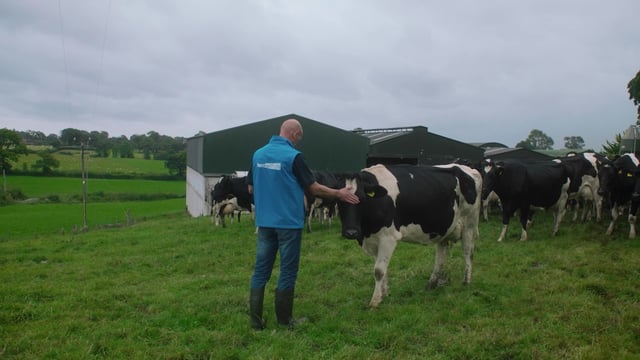EU commitment on more US dairy raises questions for processors
The commitment given by the EU to allow a greater amount of US dairy produce into the bloc tariff free "inevitably raises questions" for EU-based dairy processors and exporters.
That is according to the European Dairy Association (EDA), a representative body for EU dairy processors.
The EDA was reacting to a trade agreement reached between the EU and US late last month, which places a baseline tariff of 15% on goods exported from the EU to the US.
The EDA said the agreement offers predictably by removing the threat of escalating tariffs, and that stability in transatlantic trade is a welcome outcome.
However, the processor association also said that the deal introduces "substantial new market openings on the EU side".
"The creation of 20,000t of tariff-free TRQs (tariff-rate quotas) for US dairy products is more than just a symbolic gesture.
"It represents a significant commitment of new market access beyond existing WTO (World Trade Organisation) quotas, reserved exclusively for US origin," the EDA said.
The organisation warned that other trading partners may seek similar treatment under WTO non-discrimination rules.
The EDA said the trade agreement will require the EU and member states to assess the long-term impact on their dairy industry.
The EDA also pointed out that the EU only obtained 10,000t of cheese access to South America in the - as yet unratified - EU-Mercosur Trade Agreement after more than 20 years of talks, while the agreement with the US offers the same volume for US exports to the EU immediately.
The dairy group said that the tariff ceiling of 15% provides certainty compared to the threat of higher duties, but some EU dairy products that previously entered under lower rates may now face higher costs.
The EDA said it its committed to "constructive dialogue", and that an EDA delegation will travel to Washington at the end of September to exchange views with US industry, administration and legislators on "how to advance a common way forward that safeguards balanced opportunities for both sides".
EDA secretary general Alexander Anton said: "This agreement changes the framework for dairy trade across the Atlantic, predictability is an important gain, but our sector faces real challenges on both sides of the ocean.
"We need careful implementation that keeps the level playing field in mind and recognises the commitment already made in multilateral and bilateral contexts," Anton added.





